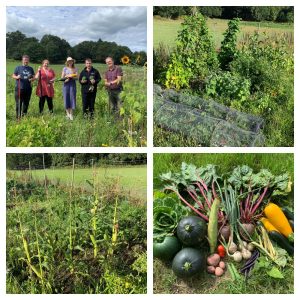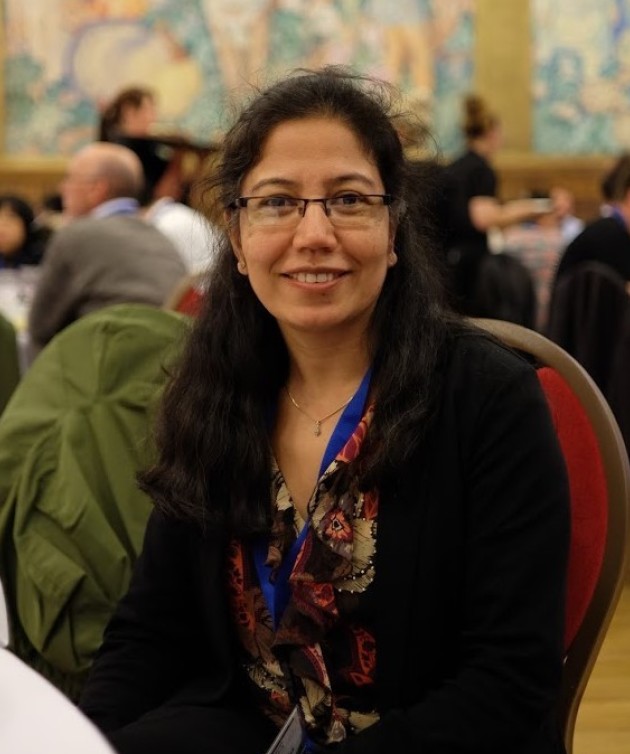This week saw the release of the annual QS World University Rankings: Sustainability. More than 2000 universities worldwide have been evaluated on their environmental and social impact and governance.
Imperial retained its position as joint 7th most sustainable university in the world for a second year running.
With competition this strong, how did we manage to hold firm to our position?
Demonstrating our commitment to sustainability
QS’ methodology is based on a university’s performance across three assessment categories:
- Environmental Impact (a weighting of 45%, exploring Environmental Sustainability, Environmental Education and Environmental Research)
- Social Impact (45%, aggregating Equality, Knowledge Exchange, Impact of Education, Employability & Outcomes and Health & Wellbeing)
- Governance (10%, considering such factors as ethics, hiring practices, transparency and decision-making)
Among the areas Imperial performed strongest are:
- Health and wellbeing (joint 1st in the UK, and joint 4th in the world) – recognising our commitment to the wellbeing of our students and society more widely, such as through our Climate Cares Centre activities.
- Employability and opportunities (joint 1st in the UK and Northern Europe, and joint 10th in the world) – including our globally recognised reputation for empowering and educating the shapers of a more sustainable future; and strength in forging research partnerships with industry as overseen by such initiatives as the Imperial Zero Index.
- Environmental education (2nd in the UK and joint 7th in the world) – bolstered by the provision and impact of education programmes such as Imperial’s extensive suite of undergraduate, postgraduate and extended learning courses, found across our faculties.
- Environmental sustainability (4th in the UK and joint 18th in the world) – recognising our Sustainable Imperial strategic initiatives and operational programmes, including our travel and procurement policies, and extensive decarbonisation plans.
Every action counts
Harriet Wallace, Imperial’s Director of Sustainability, welcomes the ranking results.
“This reflects Imperial’s determination to lead in the global fight against climate change, biodiversity loss, and pollution and lead by example on our campuses.
“As we prepare to launch our new sustainability strategy for the next five years and beyond, it’s never been clearer that this is a shared commitment. We can only achieve our sustainability ambitions by harnessing our energy and expertise across research, education, operations, partnerships and community action. Everyone at Imperial can – and does – make a difference. Every action counts.”
The UK leads this year’s QS sustainability rankings, with more top 10 universities than any other country and nearly twice as many in the top 50 and top 100.
“It’s really pleasing to see four UK universities ranking in the top 10,” adds Associate Provost of Sustainability, Professor Anna Korre. “There is great progress being made in our higher education sector to decarbonise campuses and tackle the climate crisis head on. At Imperial, our focus is as much on educating future sustainability leaders, as it is on the discovery, innovation and implementation in society of the sustainable solutions we develop. We are proud to celebrate the positive handprint of our staff, students and our alumni in accelerating our transition to a more sustainable future across the world.”
Imperial’s Science for Humanity strategy commits to being a leader on sustainability in our teaching, research and on our campuses. Imperial will continue to strengthen our efforts to achieve this vision, including through the forthcoming Sustainable Imperial Strategy 2026-31, to be published soon.
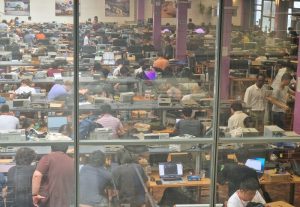
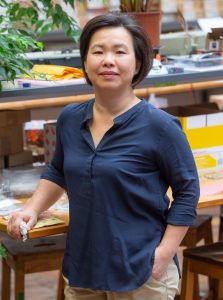
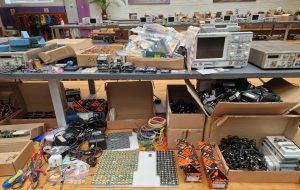
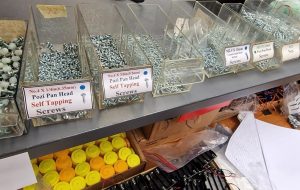
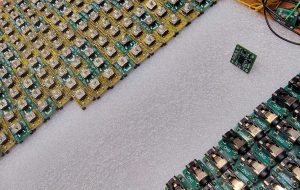
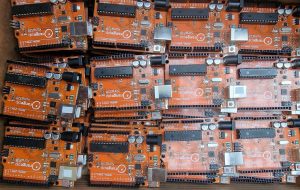
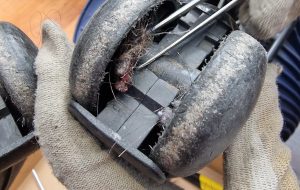
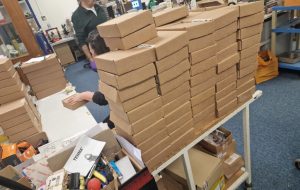
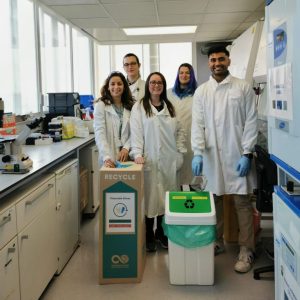 d by Dr Kerry Rostron-Barrett, Laboratory Manager and Section Safety Coordinator undertook the assessment as part of Imperial College London’s commitment to a more
d by Dr Kerry Rostron-Barrett, Laboratory Manager and Section Safety Coordinator undertook the assessment as part of Imperial College London’s commitment to a more 